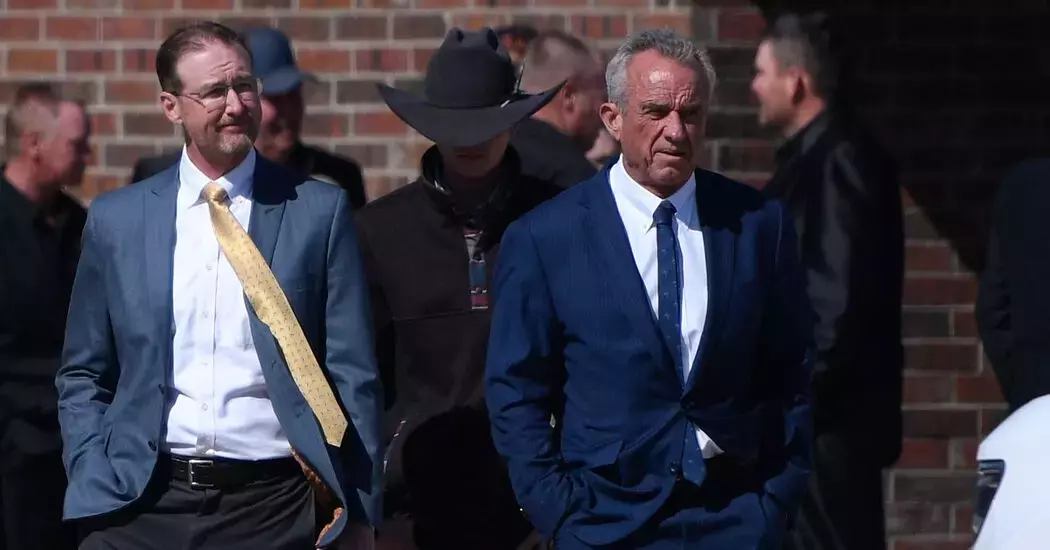
In response to a recent measles-related death in West Texas, Health Secretary Robert F. Kennedy Jr. is embarking on a three-day tour through the Southwest. The journey aims to highlight initiatives promoting nutrition and lifestyle changes as disease prevention tools. While the tour includes visits to health centers and discussions with tribal leaders, it also touches on controversial topics like Utah's ban on fluoridated water. This initiative comes amid scrutiny of the federal government’s handling of the measles outbreak, which has affected nearly 500 people and resulted in two fatalities over the past decade.
A Journey Through Health and Controversy
In the wake of an unvaccinated child's tragic passing from measles, Health Secretary Robert F. Kennedy Jr. initiated a high-profile wellness tour in the Southwestern United States. Starting in Utah, this journey will extend into Arizona and New Mexico, focusing on public health strategies that emphasize diet and lifestyle adjustments. At the heart of the tour lies the "Make America Healthy Again" campaign, which seeks to promote healthier living practices across communities.
One of the key stops involves a visit to a medical school featuring a "teaching kitchen," where future healthcare professionals learn about managing chronic illnesses through dietary choices. Additionally, Mr. Kennedy plans to engage with Navajo Nation leaders to explore cultural and logistical challenges in delivering quality healthcare to indigenous populations. He will also inspect a charter school in New Mexico known for integrating healthy eating and fitness into its curriculum.
However, the itinerary concludes with a contentious event—a press conference highlighting Utah's newly enacted law prohibiting fluoride addition to drinking water supplies. This decision has sparked debate among public health experts who stress the importance of vaccination rates in controlling outbreaks like the one currently affecting West Texas.
As questions mount regarding federal responses to rising measles cases, Mr. Kennedy's actions have drawn attention. Despite his initial skepticism towards vaccine safety, he recently acknowledged the MMR vaccine's effectiveness in preventing measles spread. This shift underscores evolving perspectives amidst growing public health concerns.
Perspective on the Matter
From a journalistic standpoint, this tour reflects a delicate balance between promoting innovative health solutions and addressing sensitive issues such as vaccination and water fluoridation. It highlights the complexities faced by policymakers when advocating for community well-being while respecting individual beliefs and regional differences. For readers, it serves as a reminder of the critical role science plays in guiding public health decisions and fostering informed dialogue around contentious topics.
